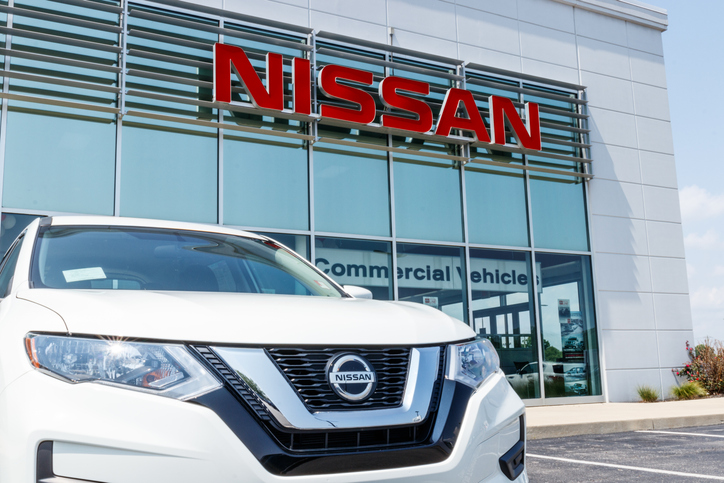Honda and Nissan Explore Merger to Rival Global Giants
In a groundbreaking development, Japanese automotive giants Honda and Nissan are actively exploring a merger that could create one of the most powerful entities in the global auto industry. The move comes amid heightened competition and rapid advancements in electric and hybrid vehicle technology, forcing automakers to reconsider traditional business models.
Behind the Merger Talks
Honda CEO Toshihiro Mibe has confirmed that discussions are underway and include various possibilities, ranging from a full merger to specific joint ventures. These talks, which began several months ago, aim to combine the companies’ strengths in production, research, and technology.
Nissan, which holds a 24 percent stake in Mitsubishi, hinted that the potential merger could extend to include Mitsubishi Motors. Together, these companies would boast a combined annual production capacity of over 8.6 million vehicles, approaching the scale of industry leader Toyota, which produced 10 million cars in 2023.
The alliance’s focus on electrification and sustainable technology aligns with global market trends, as governments worldwide tighten regulations to combat climate change. Mitsubishi joined Honda and Nissan earlier this year in a collaboration on electric vehicles (EVs), innovative software, and cost-effective green solutions.
A Market-Altering Powerhouse
The combined production figures of Honda, Nissan, and Mitsubishi would make the new entity a direct competitor to automotive titans like Volkswagen and General Motors. This scale could provide critical advantages in an industry where economies of scale and technological innovation are paramount.
In 2022, Honda and Nissan collectively sold 7.6 million vehicles worldwide, far exceeding General Motors' 6.2 million but trailing Toyota and Volkswagen. A merger could propel them into a stronger competitive position while enabling a more significant push into EVs and hybrid models, segments where both companies have struggled to keep pace.
Related: Nissan’s Stock Faces Sharp Decline Amid Honda Merger Concerns
The Road Ahead: Opportunities and Challenges
A merger offers significant advantages, including shared innovation, reduced costs, and broader global market reach. However, integrating operations, aligning corporate strategies, and addressing overlapping market segments pose substantial challenges.
Honda has already faced a 15 percent dip in operating profits during the July-September quarter of this year. Nissan, on the other hand, has been executing aggressive cost-cutting measures, including job reductions and downsizing production capacity by 20 percent.
Despite these hurdles, industry analysts remain optimistic. “A merger of this scale could be a game-changer, positioning Honda and Nissan to become global leaders in electrification and sustainability,” commented an industry insider.
Related: Nissan Cuts 9,000 Jobs, CEO Takes Pay Cut as Carmaker Faces Global Crisis
Related: Nissan on the Brink: Iconic Automaker Faces Uncertain Future Amid Mounting Challenges
Market Reactions
The stock market reacted swiftly to the merger rumors, with Nissan shares surging over 20 percent, while Honda’s stock dipped slightly by 3 percent. Analysts believe the merger could catalyze renewed investor confidence in both brands, particularly if the alliance leads to breakthroughs in EV technology and autonomous vehicles.
Looking to the Future
As the global auto industry continues its transformation, a Honda-Nissan merger could set the stage for a new era of innovation and competition. Whether or not the merger comes to fruition, the discussions underscore the need for automakers to adapt to changing market conditions and emerging technologies.









